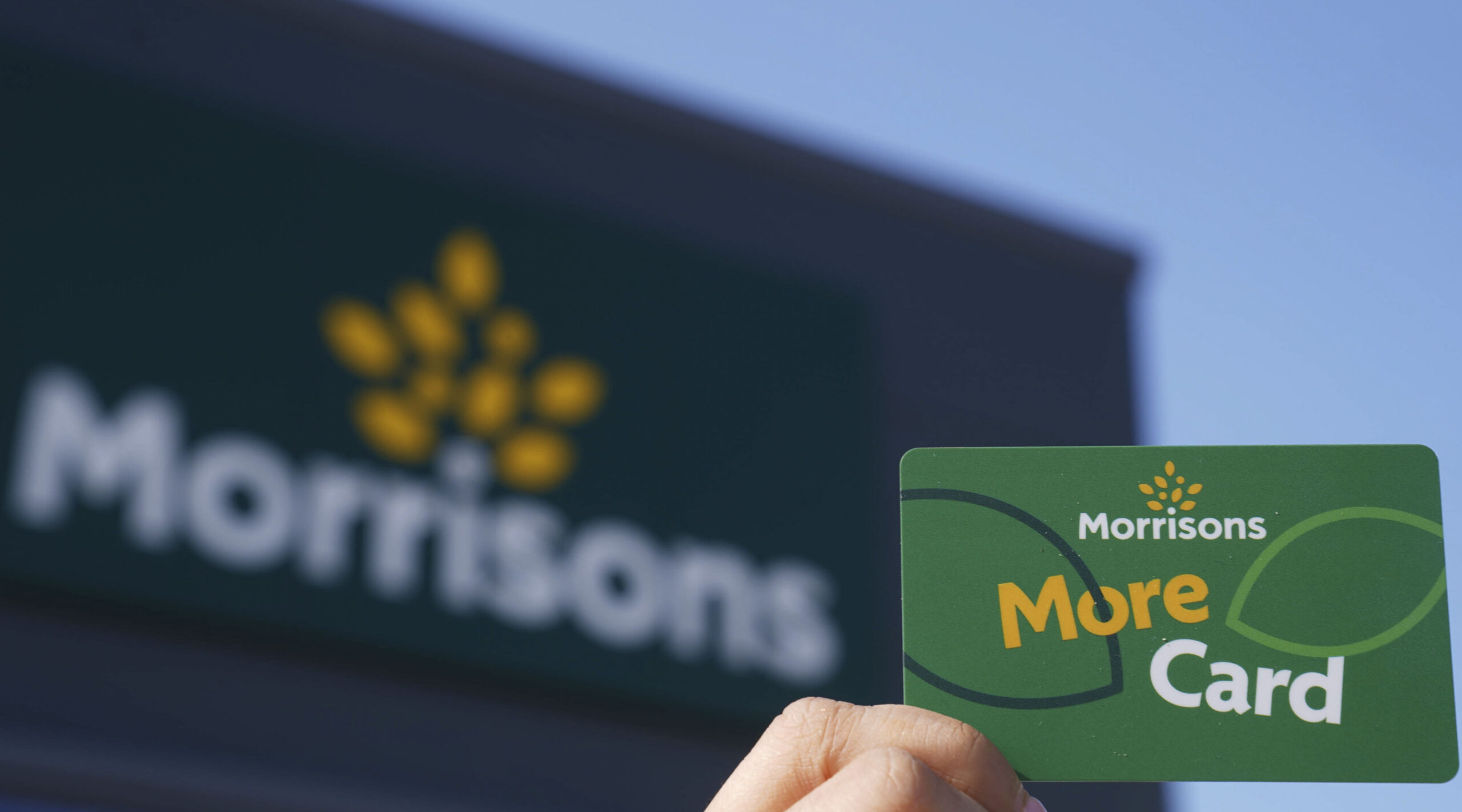
This is an increase from £569 last year, with one in seven set to break the £1,000 mark on their festive spending.
Due to higher average salaries, men expect to splash out on an average of £644 throughout December, while women will spend £580, according to Hargreaves Lansdown’s study.
In terms of taxpayers, those paying the higher rate expect to pay £916 for festive purchases, compared to the £566 average spent by basic-rate taxpayers.
The age group spending the most this year is those aged between 35 and 54, according to the survey of 2,000 people.
Meanwhile, the difference between what parents spend compared to those without kids is almost £350. Parents are set to spend £814 on presents, food and going out, while adults without children will spend £477.

Wellness and wellbeing holidays: Travel insurance is essential for your peace of mind
Out of the pandemic lockdowns, there’s a greater emphasis on wellbeing and wellness, with
Sponsored by Post Office
One in 10 (11%) are unsure how much they will spend during Christmas, which could be a recipe for overspending disaster, Sarah Coles, head of personal finance at Hargreaves Lansdown, has warned.
‘Shoppers are not holding back’
Coles said: “We’re set to splurge this Christmas. After two years where the squeeze on our finances drove us to the bargain bins for Christmas presents, the easing of inflation means some people can afford to splash out a bit more this year – and they’re not holding back.
“Those groups who can most afford it are set for a bumper festive period. This includes higher-rate taxpayers. One in five of them say they’ll spend over £1,500.”
She added: “If you’re in this position, nobody wants to be the Grinch suggesting you cut back. However, it’s worth bearing in mind that the good times aren’t going to roll forever. Inflation is expected to bounce back a bit from here, putting budgets under more pressure.
“And while wages are expected to keep pace with inflation for the next year or so, there are signs of wage stagnation ahead as the impact of higher employers’ National Insurance feeds through.”
December and January are the most popular months for Brits to dip into their overdraft facility, borrowing an average of £178 each time and spending around 12 days overdrawn.
So, Coles said shoppers ought to be careful not to go overboard on the festive spending.
She said: “As a result, there’s every chance that this could be an unusually flush festive period, so it’s worth considering whether it’s an opportunity to maintain a level head and keep spending under control.
“You might want to consider forgoing some of the splurge to put money aside in savings and investments, so you have something to fall back on if times are tougher in the future.”




